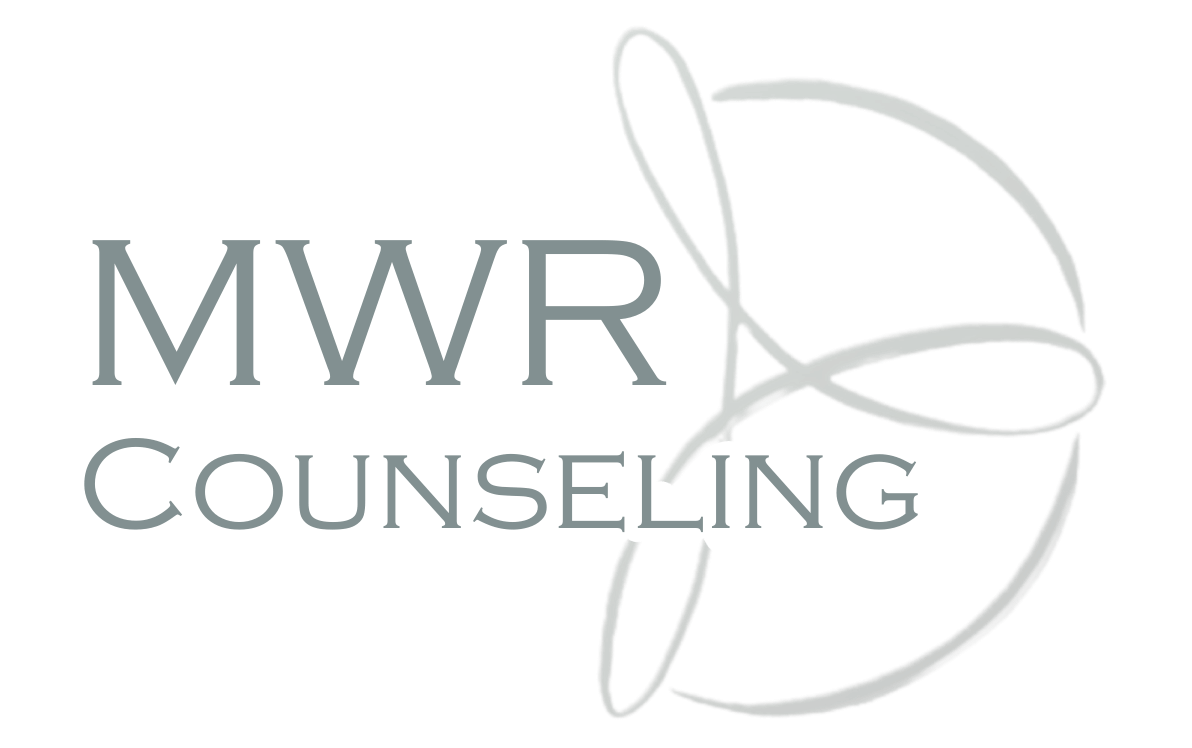Preventing Suicide Every Day

By Alicia Means, tLMHC, NCC
This week is Suicide Prevention Week. Suicide is surrounded by stigma and often people think if they talk about it, it will cause the person to become suicidal. This common myth often makes people shy away from doing so, but actually, talking about suicide is very important in prevention. Stigma surrounding mental health issues in general makes it something shameful to talk about and keeps people from seeking help.
The language we use is so important and can either be a tool for supporting or a tool for shaming those who struggle with their mental health or with suicidal thoughts. Even the phrasing of “committing suicide” suggests the person has done something wrong, similar to committing a crime or committing a sin. People who have lost someone to suicide often feel isolated and avoided, because no one knows what to say to them. It is important that we bring this topic to the light so no one feels alone in dealing with these thoughts or struggling with mental health issues in general. So how do we bring it up?

Many times, people feel nervous to talk about mental health or suicide. It’s a taboo topic that we, as a society, shy away from. The best thing we can do is communicate. We can reach out to those we care about and just have a conversation. On social media, you will often see people sharing hotline numbers for suicide prevention. While this is a helpful resource for people to have, what about reaching out and talking to someone in person about their mental health? It may feel uncomfortable, but most of the time, the person really wants that from someone. There is a campaign called “Seize the Awkward” aimed at providing ways to talk to others about mental health. It gives suggestions of what you can say in a situation where you are worried about someone’s mental health or have noticed they have been acting differently. Here are some suggestions from “Seize the Awkward” to start a conversation:
“I’ve noticed you seem down lately. Is everything okay?”
“We haven’t talked in awhile. How is everything?
“You haven’t seemed like yourself lately. Are you okay?”
“I’m worried about you. I’d like to know what’s going on so I can help”
“Is there anything you want to talk about?”
“Hey, you seemed frustrated today. Do you want to talk?”
“Is everything okay? I’ve noticed you’ve missed some things lately”
“You can tell me anything. I’m here for you.”
So the conversation is started, now what? Someone telling you what they are going through does not mean you have to solve the problem. In fact, often someone just needs to be heard and accepted. All is takes is listening! Hear what the person has to say and how they have been feeling. Let them know it’s okay to feel how they’re feeling. Express empathy for them in what they are dealing with. Ask if there’s anything you can do to help. It’s all about connecting with the person and showing them you are there to support them.

Another common myth is that suicide has no warning signs. In general, there are some things you can look for that might be an indicator to ask about suicidal thoughts. The American Foundation for Suicide Prevention lists these warning signs:
- Feeling hopeless
- Stating they have no reason to live
- Feeling they are a burden to others
- Feeling Trapped
- Being in pain
- Increased drug and alcohol use
- Withdrawal from others and/or activities
- Sleeping too much or too little
- Giving away possessions
- Saying goodbye to others
- Aggression
- Fatigue
- Depression
- Anxiety
- Loss of interest
- Irritability
- Humiliation/shame
- Agitation/anger
- Relief/sudden improvement
If you notice these signs or are concerned about someone having suicidal thoughts, the best thing to do is ask directly. It’s okay to ask, “Are you having thoughts of suicide?” It shows you are open to talking about it. Saying. “You’re not having thoughts of suicide right?” suggests that you want them to say no, and can deter them from confiding in you. It can feel scary to ask someone about suicide, but you don’t have to have all the answers. You just need to support them in getting what they need.
Often people don’t know what to do once they know someone is having suicidal thoughts. Continue to be available to someone who is struggling. Help the person reach out for help from
a professional counselor or a physician if they’re struggling. Below are some local and national resources that can help if someone is feeling suicidal:
Foundation 2 Crisis Line: 1-800-332-1408 https://www.foundation2.org/
National Suicide Prevention Lifeline: 1-800-273-8255 https://suicidepreventionlifeline.org/
Crisis Textline: Text TALK to 741-741
These resources can provide information, assess the person’s risk, and connect them with resources that may be helpful to them. If you are concerned about someone’s immediate safety, reach out to a professional or take the person to the hospital. Don’t leave someone alone if you are concerned about their safety. If someone has done something to harm themselves, call 911.
For more information, check out the websites below:
American Foundation for Suicide Prevention: https://afsp.org/
National Suicide Prevention Week:
https://afsp.org/campaigns/national-suicide-prevention-week-2019/
Seize the Awkward campaign: https://seizetheawkward.org/
NAMI Suicide Factsheet:
https://www.nami.org/Learn-More/Mental-Health-Conditions/Related-Conditions/Risk-of-Suici
American Foundation for Suicide Prevention Resource Page:




